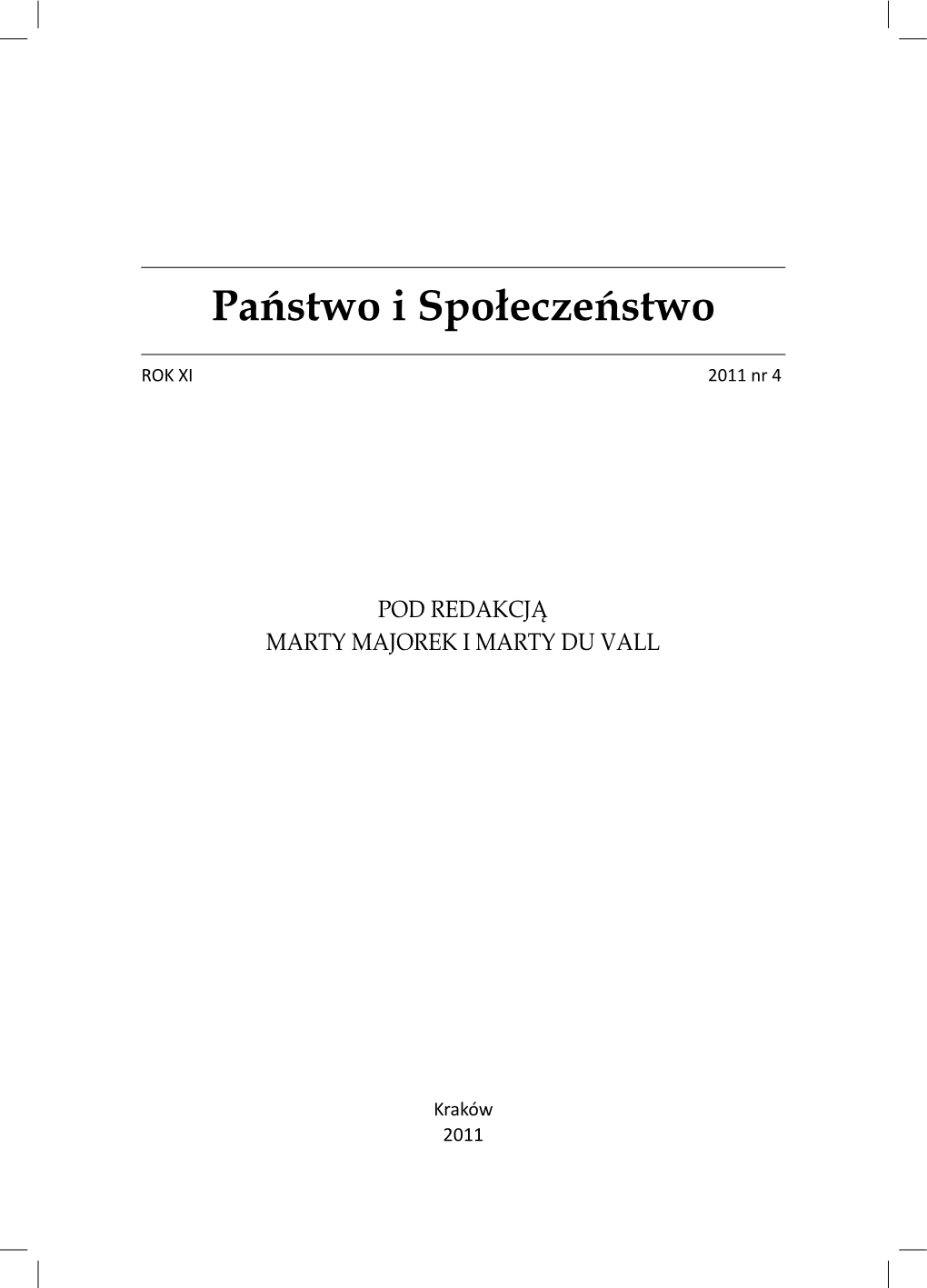Suwerenne państwo pod nadzorem. Rzeczywistość polityczna Bośni i Hercegowiny 17 lat po Dayton
A sovereign state under supervision. The political reality of Bosnia and Herzegovina 17 years after Dayton
Author(s): Beata PomykalskaSubject(s): Politics / Political Sciences, Politics, Economic policy, International relations/trade, Developing nations, Inter-Ethnic Relations, Peace and Conflict Studies
Published by: Oficyna Wydawnicza AFM Uniwersytetu Andrzeja Frycza Modrzewskiego w Krakowie
Keywords: international protectorate; territorial integrity; sovereignty; autonomy; separatism; secession; multiethnicity; ethnic parity; independence referendum; political crisis; entity;constitutional nation;
Summary/Abstract: The article presents the political, social, ethnical and economic situation in Bosnia-Herzegovina 15 years after the signing of the General Framework Agreement for Peace in Bosnia-Herzegovina. The agreement officially finished the war in this country. The goal of this article is to describe the complexity of the internal situation and the problems of the construction of a stable and independent state. The article discusses an extremely complicated political system, that was imposed in the peace agreement, which alongside with different political businesses of three constitutional nations is leading to the decision-making paralysis and makes stable ruling is making impossible. The role of the High Representative UN/EU was also described. The role is to coordinate the activity of international community and is indeed exercising the sovereign power in the state contributing to therecognition that Bosnia, although is an independent and sovereign state, actually became an international protectorate. Various opinions about the effectiveness of the High Representative and the legitimacy of taken actions were presented. The fact that (between 1992–2004) NATO forces (executing military missions) and (from 2004) European forces (executing civil-military missions) stationed in Bosnia-Herzegovina is not without meaning. The author is also paying attention to the fact that a complicated and strained ethnic situation is a source of stagnation in BiH and individual constitutional nations have completely different expectations and political businesses which is making impossible to form a civil nation (national) and is still jeopardizing the state’s territorial integrity.
Journal: Państwo i Społeczeństwo
- Issue Year: XI/2011
- Issue No: 4
- Page Range: 135-154
- Page Count: 20
- Language: Polish

